Payal Ahuja: Speech Skills are Family Skills
Listening, respect, patience, and care go a long way in any relationship
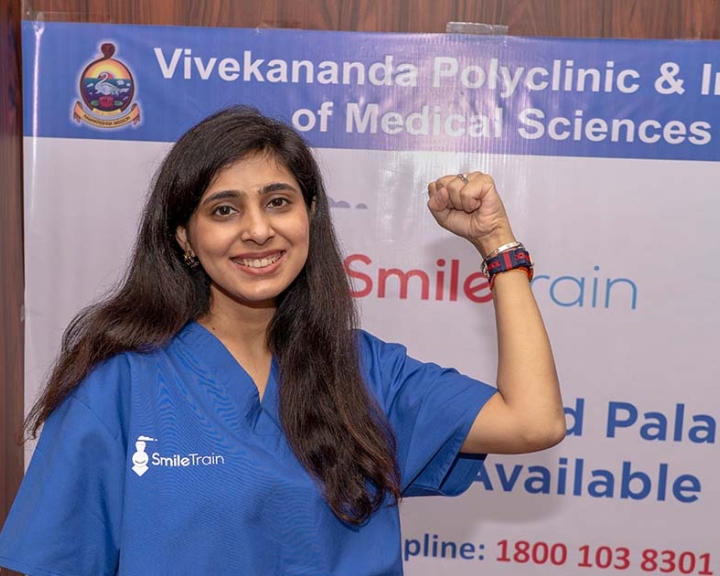
Whether at work or at home, for Smile Train partner Payal Mukhi Ahuja, it’s all about family.
The speech-language pathologist (SLP) and audiologist lives in Lucknow, India, with her husband, seven-year-old child, in-laws, brother- and sister-in-law, nieces, and nephews. Life in a joint family may seem like chaos, but for Payal, it’s a blessing.
“It's a kind of boon,” she said. “You have a lot of support and you can do a lot of things because of your strong family support system.”
Mutual support is what family is all about. It’s why, when she leaves home each day to go to work at Smile Train partner Vivekananda Hospital, she feels she’s leaving one large, loving family for another.
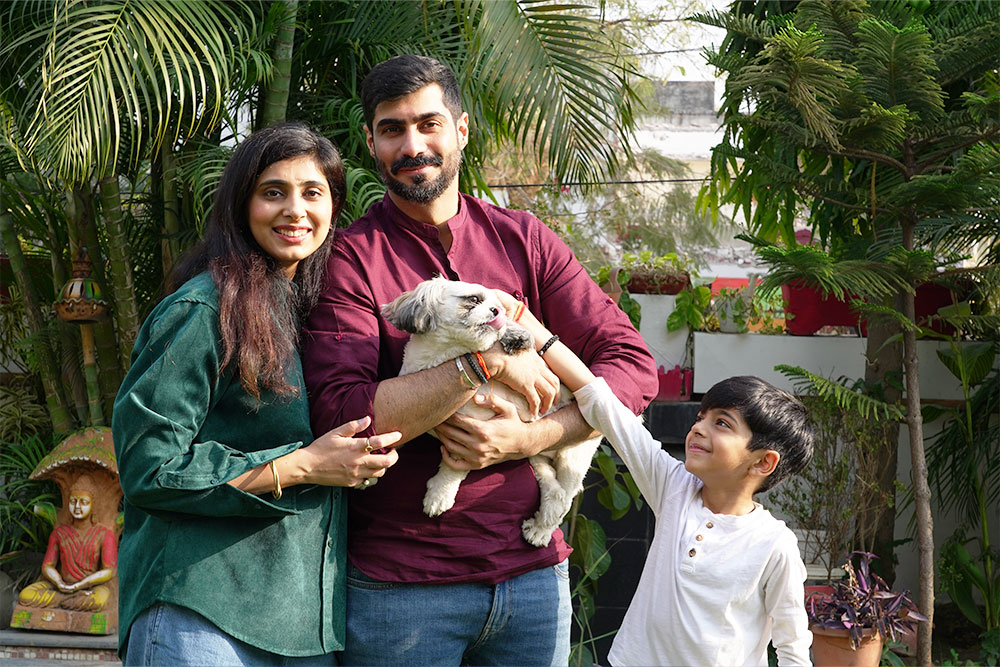
Without specialized speech therapy, most children with clefts will struggle to speak clearly even after surgery. Helping these patients express themselves articulately and with confidence is Payal’s passion. With years of school and many Smile Train-led trainings under her belt, she has earned a reputation as one of the leading cleft-specialized SLPs in India. Yet, the professional skill that has proven most critical to her success is one she learned at home: The art of listening.
“You don’t need any tools or software. Just by listening to the patient, you can usually tell what they need from you,” she explained, adding, “Initially, it was so difficult for me to identify my patients’ speech errors. But after listening to a large number of speech samples regularly, it becomes much easier.”
To listen to someone is to be in relationship with them. When working with children, that also means forming a relationship with their parents. Ideally, Payal trains parents on how to listen to their child’s speech and correct it even before they start talking. That way, they will be able to catch errors before they harden into habits after surgery, potentially sparing them years of speech therapy later in life.
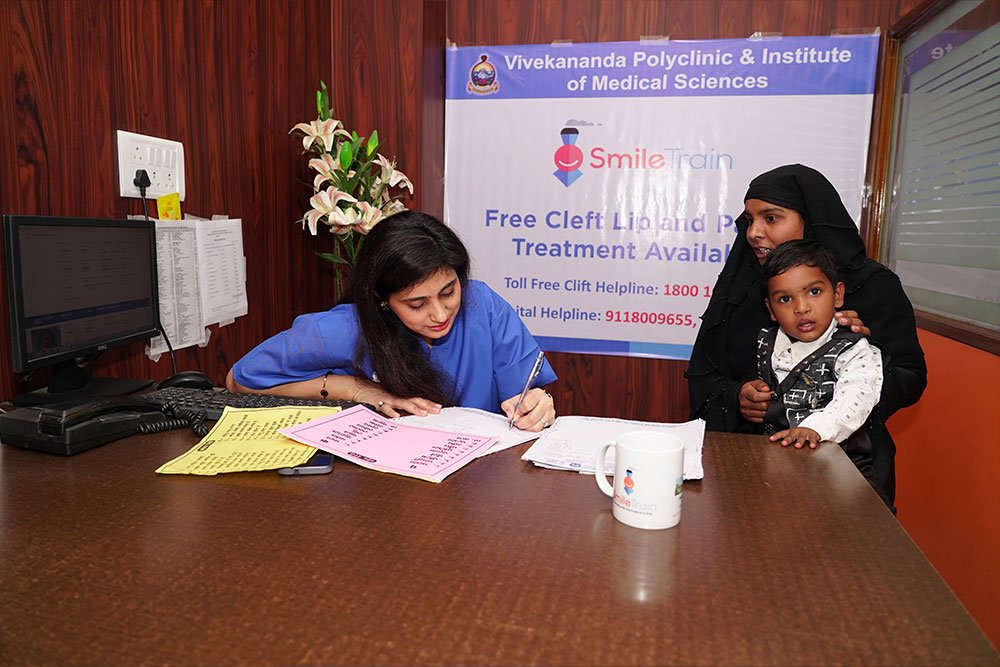
Working with hundreds of patients has taught Payal another reason why forming relationships with parents matters — one that surprised even her.
Lucknow is in Uttar Pradesh, India’s most populous state — home to 241 million people, dozens of languages, and countless local dialects. Even after more than a decade, Payal still isn’t always sure whether something she hears in a patient’s speech is a feature or an error.
Only through carefully listening to families is she able to ensure that she is helping a child develop their best speech while preserving their unique linguistic heritage.
“It is quite sometimes funny because I would think, oh no, this is incorrect. But after speaking with the parents, I realize, oh, this is actually a natural part of the family’s speech pattern.”
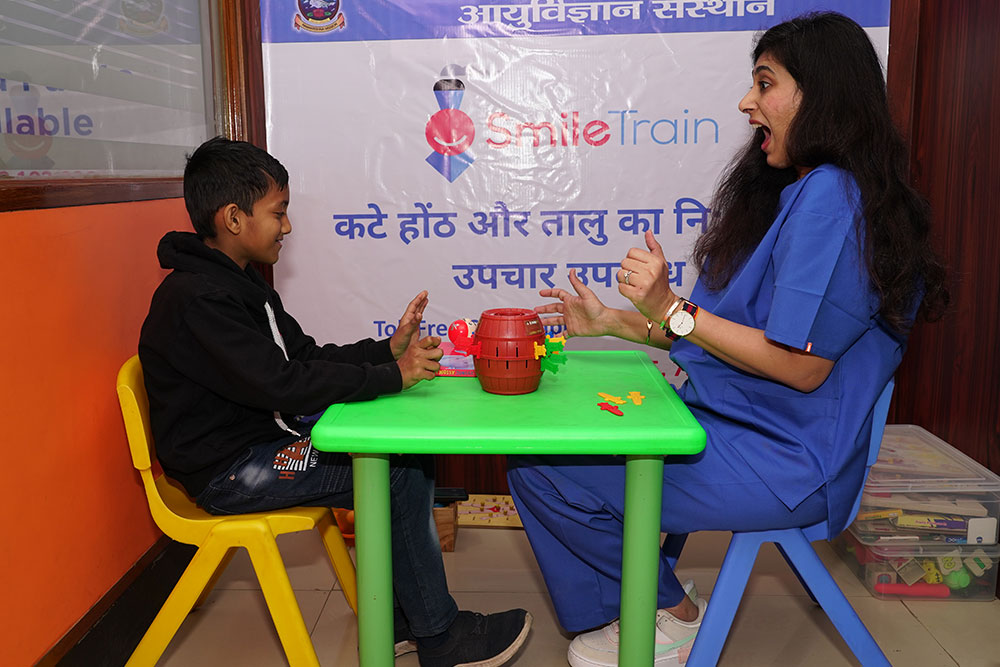
The opportunity to form these long-term bonds is the heart of Smile Train’s local model and Payal’s favorite part of her job.
“I meet children immediately after surgery, sometimes when they are as young as nine months old, and I often keep seeing them until they are adults. Watching them progress from being non-verbal to speaking their first words, and then from mispronouncing words to clear speech, is incredibly rewarding,” she said.
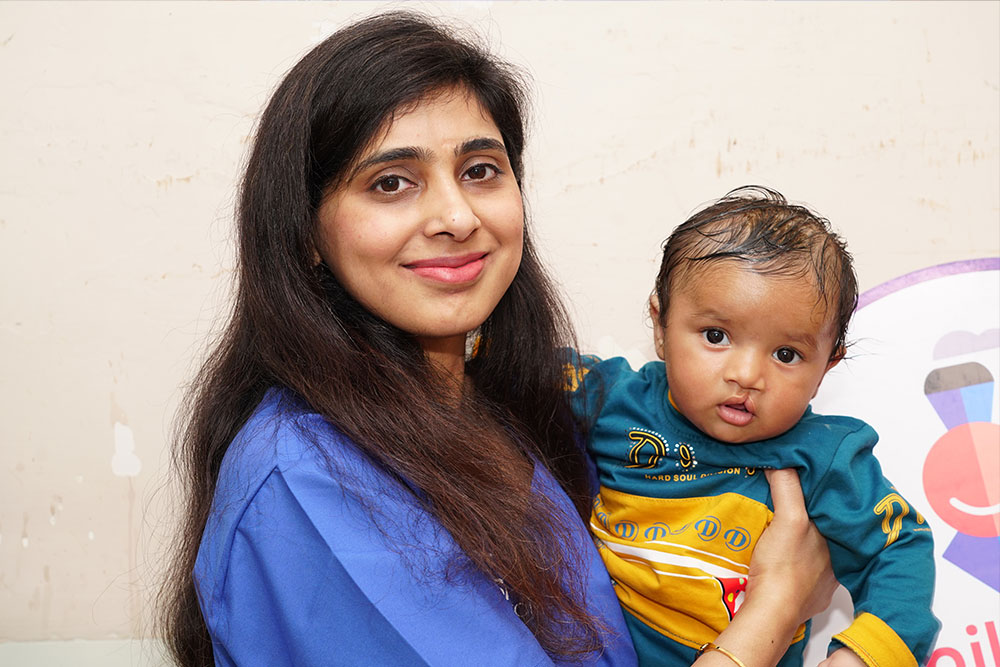
“It’s about truly knowing the child. Over time, they place immense trust in you because they’ve known you since they were very young. So even when you introduce new techniques or assessments, they remain comfortable and engaged. When they see you, they recognize you as someone who will talk and play with them. These moments bring immense joy and reaffirm that they are on the right path.”
In honor of International Women’s Day, we asked Payal her advice for other girls and young women aspiring to make a difference and bring smiles just like she does. We quote it here in its entirety because it’s a message everyone needs to hear — women, men, girls, and boys alike.
Women are leading. Don't think that anything is not for you. If you think of it, you can do it. You should never think otherwise. This thought should never come in your mind. I think that women nowadays have the power and the determination to achieve what they have thought of. So never hold yourself back. Never underestimate yourself and just go get out there and get your work done.
Help us empower more healthcare heroines like Payal. Make a special International Women’s Day gift now.
